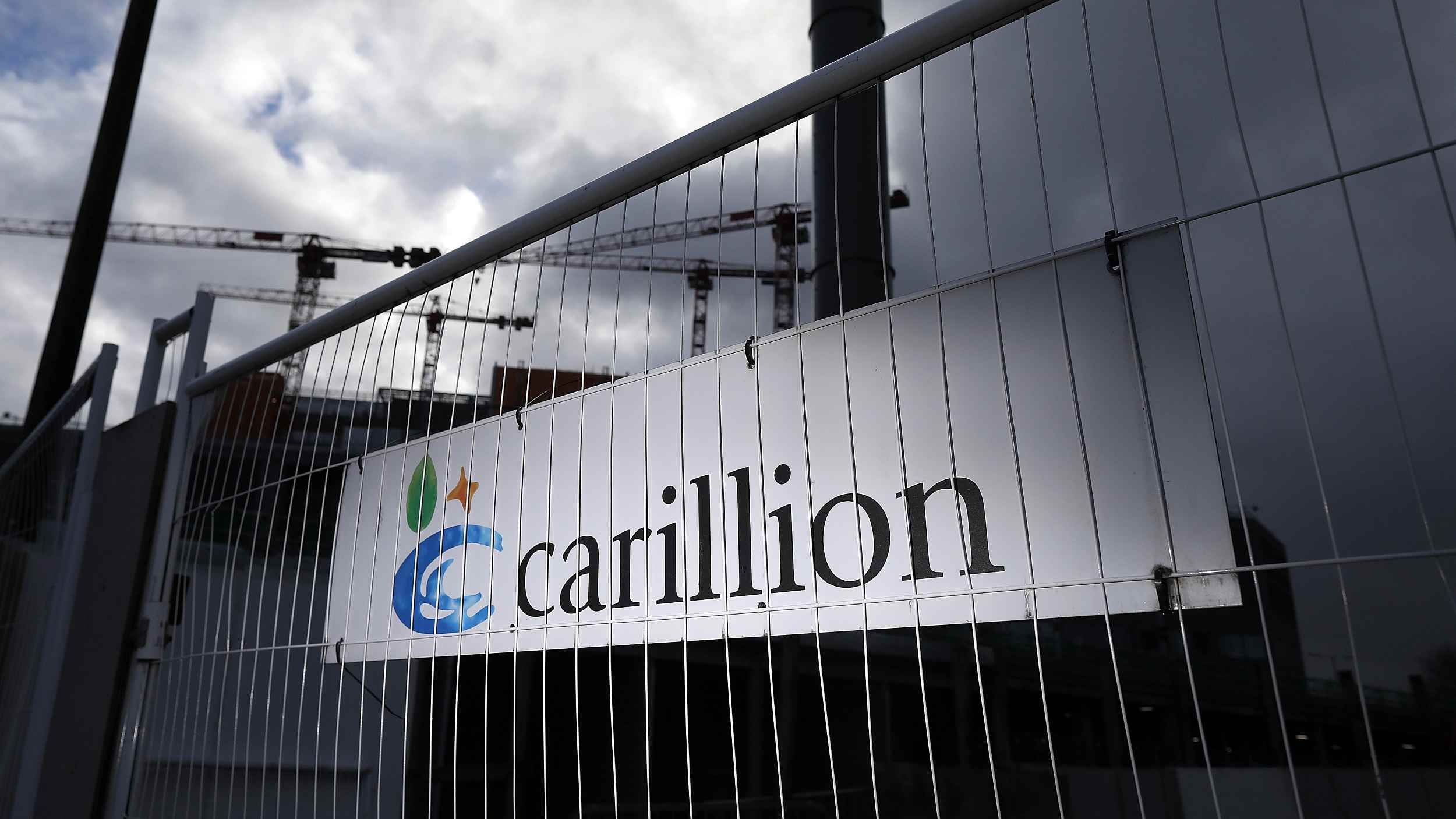
Business
13:40, 16-Jan-2018
Britain’s construction giant Carillion to collapse, raising job fears
CGTN

One of Britain's biggest construction and facilities management companies, Carillion, went into liquidation on Monday, threatening tens of thousands of jobs.
Company chairman Philip Green described the development as a "very sad day" for the company's staff, suppliers and customers.
The debt-ridden company, which employs around 43,000 people, almost half of them in Britain, announced it was going into liquidation after talks with its bankers and the British government failed to reach a deal to save the business.
Government departments issued statements after the announcement, saying they would provide funding to maintain public services, such as running prisons and 900 schools previously carried out by Carillion.
Media reports cited Carillion's biggest problems as cost overruns on three big public sector construction projects in Britain.
These included the Midland Metropolitan Hospital in Birmingham, delayed due to construction problems, the completion date of the new Royal Liverpool Hospital repeatedly pushed back amid reports of cracks in the building, and the delay in the Aberdeen bypass. The three projects were worth almost two billion US dollars.
Cabinet Office Minister, MP David Lidington, said: "It is regrettable that Carillion has not been able to find suitable financing options with its lenders, but taxpayers cannot be expected to bail out a private sector company.
"We remained hopeful that a solution could be found while putting robust contingency plans in place to prepare for every eventuality," he added.
Labour's shadow business secretary Rebecca Long-Bailey called for a full investigation into the government's dealings with Carillion.
"This company issued three profit warnings in the last six months, yet despite those profit warnings the government continued to grant contracts to this company," she said.
Mick Cash, general secretary of the rail workers' trade union RMT, said: "This is disastrous news for the workforce and disastrous news for transport and public services in Britain."
Carillion absorbed well-known British construction companies such as Mowlem, Wimpey and Alfred McAlpine, becoming the country's second biggest construction and services business.
Source(s): Xinhua News Agency

SITEMAP
Copyright © 2018 CGTN. Beijing ICP prepared NO.16065310-3
Copyright © 2018 CGTN. Beijing ICP prepared NO.16065310-3